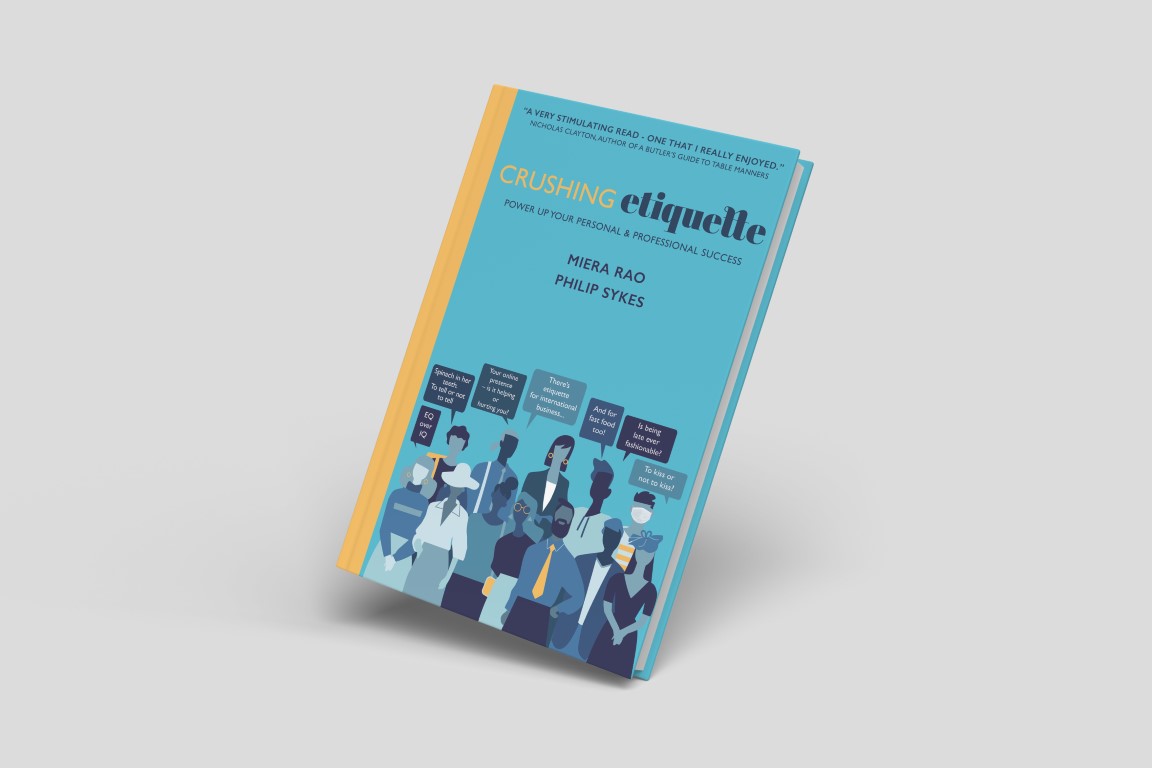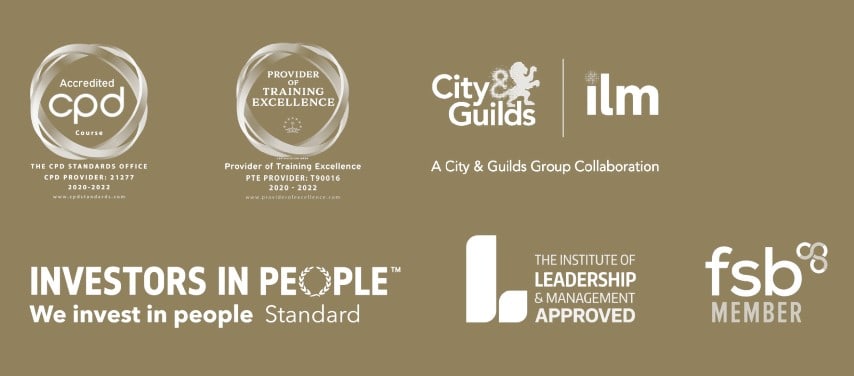Graduating class of 2021, we feel for you. There is no doubt that Covid-19 has thrown a massive curveball in your way. Whatever plans you had for this summer – be it a coveted internship, traveling to foreign shores or camping at a festival with your mates- chances are that they will have to be put on hold. But, as the summer months stretch ahead of you, despair not. The current situation will certainly test your patience, flexibility and adaptability but there are steps you can take to make this time as positive an experience as possible.
1. Celebrate your achievements
It may not have been the big finale that you had hoped for, but do not let that diminish your achievements. Take time to reflect on how far you have come and celebrate the end of your studies with a small group of friends or family.
While graduation ceremonies have been postponed for the time being, many institutions are working hard to reschedule the events later in the year. Some are also holding virtual celebrations, where graduates can join in via live stream or social media.
In times of disappointment, it is easy to focus on what is missing and the things we want to change. Switching your emphasis onto gratitude will help you focus on what you do have, rather than what you don’t. Recognising how much you have learned and how your efforts have paid off will also reinforce the belief that you can accomplish your future goals.
2. Seek advice and support
Some students complete their degree with a clear idea or plan for what they want to do next and how to go about it. However, many more are still unsure about their next steps.
Most universities have careers services that offer support and advice either online or over the telephone. This is a good time to complete a skills assessment to work out what your strengths are and what options and opportunities are open to you. They can also help you adapt your plans if the sector you are interested in has been hit particularly hard by the pandemic.
3. Look after your mental health
Even before the Coronavirus pandemic, there was a mental health crisis among young people. A 2018 study found that rates of anxiety and depression among graduates were nearly six times greater than in the general population. The emotional challenges that Covid-19 and the subsequent lockdown have brought are likely to have increased these numbers.
If you are struggling, there are plenty of mental health resources available, from online counselling to mindfulness-based exercises. Getting enough sleep, eating healthily, exercising and spending time outdoors can also help you manage feelings of stress, anxiety and overwhelm.
4. Invest in your future
It can be frustrating to have to put plans on hold. The good news is that there are plenty of things you can do right now to ensure that you emerge from this period of social distancing ready to maximise your career opportunities.
This is a good time to look at your skill-set, values and strengths, and use that information to determine your ideal career path. While academic qualifications and technical skills are very important, research has consistently shown that more than 85% of job success is based on so-called “soft skills”. Attributes such as communication skills, active listening, resilience and emotional intelligence are not just “nice to have”; they are vital for success in the professional arena.
Courses such as The Polished Professional will equip you with the skills you need to sail through that job interview and realise your professional dreams and ambitions. From communicating effectively with clients and colleagues to networking with ease and handling yourself with poise at business meetings, this online course covers all aspects of modern business etiquette
5. Develop good habits
The Covid-19 pandemic has changed the way we live, work and study. There may be challenges ahead as the economy and job market stabilise, forcing you to adjust, make new plans and manage disappointment. If you focus on becoming comfortable with uncertainty and being proactive, you can learn to thrive in the face of these challenges.
This can also be an ideal time to build some healthy habits for the future. According to experts, it takes around 21 days to form habits of medium complexity, such as getting up earlier, exercising regularly, going to bed at a certain time or planning your day in advance.
Strategies that will help habits stick in the long term include starting small, never missing two days in a row, tracking your progress and creating accountability by telling others. Having good habits will boost your health and happiness, reduce stress and overwhelm and, ultimately, put you on the road to becoming the best possible version of yourself.










